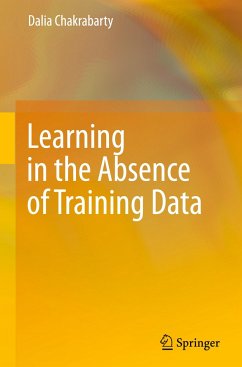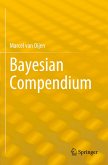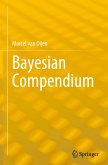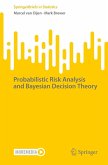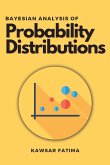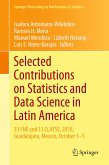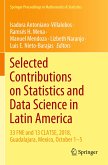This book introduces the concept of "bespoke learning", a new mechanistic approach that makes it possible to generate values of an output variable at each designated value of an associated input variable. Here the output variable generally provides information about the system's behaviour/structure, and the aim is to learn the input-output relationship, even though little to no information on the output is available, as in multiple real-world problems. Once the output values have been bespoke-learnt, the originally-absent training set of input-output pairs becomes available, so that (supervised) learning of the sought inter-variable relation is then possible. Three ways of undertaking such bespoke learning are offered: by tapping into system dynamics in generic dynamical systems, to learn the function that causes the system's evolution; by comparing realisations of a random graph variable, given multivariate time series datasets of disparate temporal coverage; and by designing maximally information-availing likelihoods in static systems. These methodologies are applied to four different real-world problems: forecasting daily COVID-19 infection numbers; learning the gravitational mass density in a real galaxy; learning a sub-surface material density function; and predicting the risk of onset of a disease following bone marrow transplants. Primarily aimed at graduate and postgraduate students studying a field which includes facets of statistical learning, the book will also benefit experts working in a wide range of applications. The prerequisites are undergraduate level probability and stochastic processes, and preliminary ideas on Bayesian statistics.

